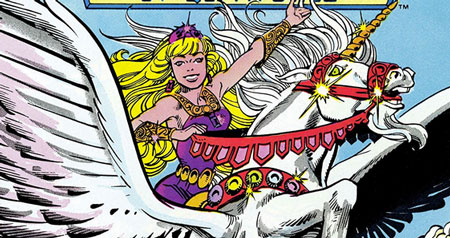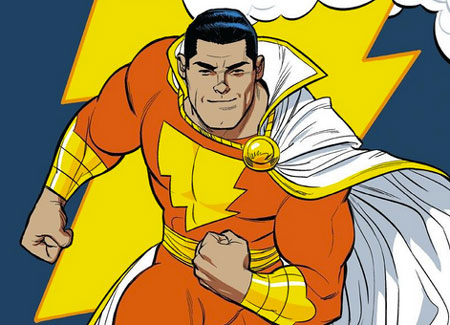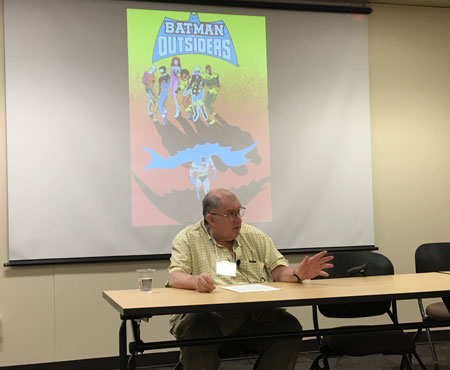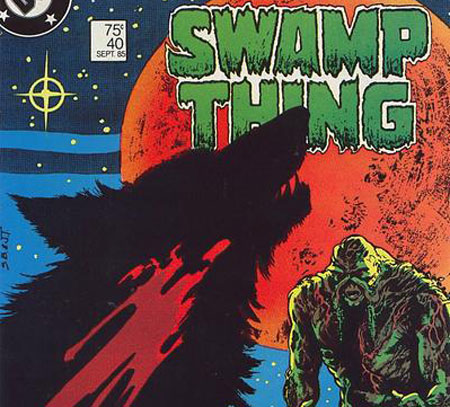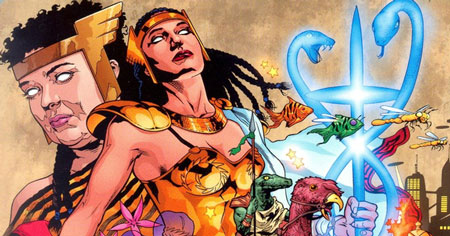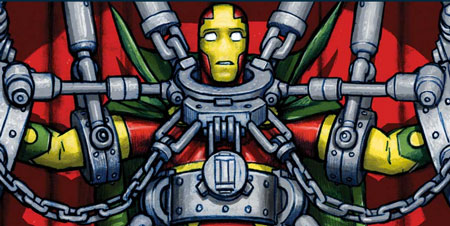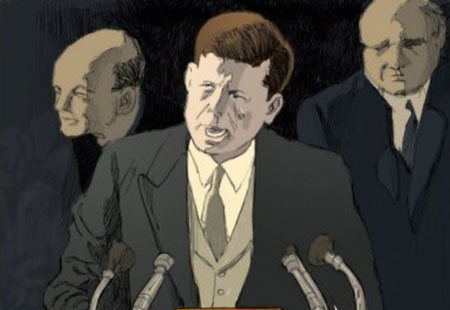
In part two of Tim’s interview with longtime comics writer Dan Mishkin, Dan talks about writing Warren Commission Report: A Graphic Investigation into the Kennedy Assassination with artists Ernie Colon and Jerzy Drozd; explores the reasons for Marvel’s breakout success in the 1960s, and compares working for DC vs working for Marvel; explains the concept of his web comic with Jerzy Drozd, Amazon Academy; and remembers working with the late Ernie Colon.
Podcast: Play in new window | Download

